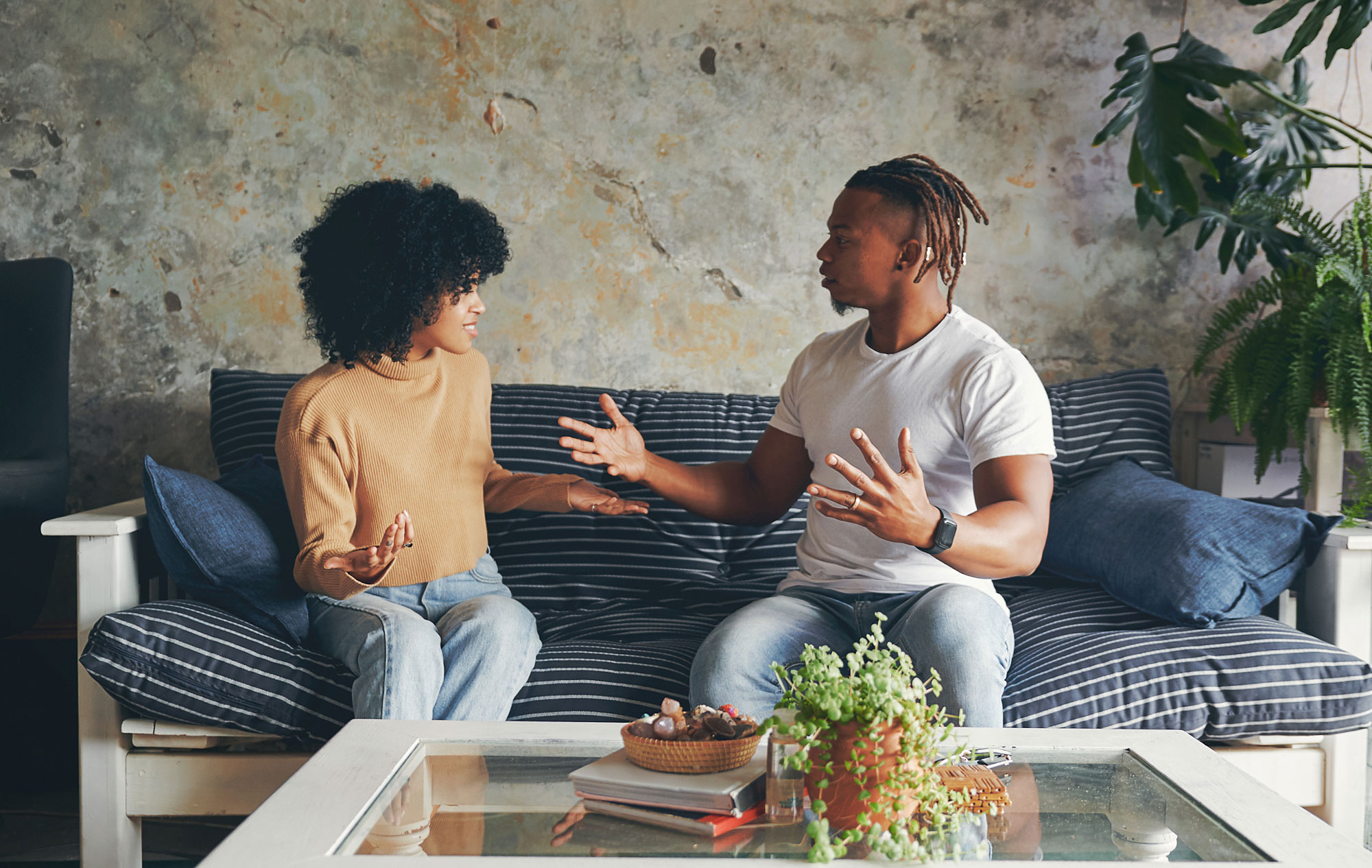For most of us, the idea of falling in love sparks feelings of joy and excitement. Getting to know someone, spending hours talking and bonding, and starting a new romance should be a thrilling prospect.
But if you start to have feelings of worry or doubt about your relationship, it can turn what should be a time of euphoria into a situation filled with anxiety. Although some level of anxiety is normal — like butterflies in your stomach on a first date — relationship anxiety is a persistent worry or fear that you can’t overcome. It manifests in varying degrees but can lead to overthinking every aspect of interactions with your romantic partner.
Signs of relationship anxiety can include:
- Worrying and feeling nervous. Although we all feel nervous, especially early on in our relationships, those feelings should not eclipse emotions of joy or happiness.
- Doubting your partner’s feelings. If you find yourself obsessing about whether your partner cares for you, or incessantly worrying that their feelings are not as strong as yours, you won’t be able to enjoy your time with them.
- Feeling afraid they will break up with you. If you’re constantly thinking your partner will end the relationship, it can be difficult to relax and be yourself.
- Overthinking everything. Are you reading too much into every glance, conversation, or interaction? This level of hyper-focus can be exhausting and prevent you from being in the moment.
- Sabotaging behaviors. To avoid being hurt yourself, you may unwittingly sabotage the relationship. These types of behaviors can include picking arguments, lying, or pushing boundaries just to see what happens.
- Needing constant reassurance. If your need to confirm everything is ok leads to behaviors that stifle your romance, the relationship dynamics may feel overwhelming to your partner.

Relationship anxiety can stem from childhood anxiety and family dynamics. Maybe your parents got divorced when you were young, and it left a lasting impression on you. Maybe your family members were distant, and you never felt secure in your relationships with them. Any of these issues can lead to an anxious attachment style and create difficulties bonding with romantic partners later on in life.
You may suffer from low self-esteem and feel you don’t deserve to be loved or happy. Low self-esteem can also be the result of childhood trauma or an unhealthy family dynamic.
You may have experienced heartbreak in previous relationships that left you fearful about being hurt in the future. Perhaps you developed defense mechanisms to protect yourself from unhealthy relationships to the point that they prevent you from truly connecting with someone new.
Your relationship anxiety might also be an indication of another anxiety condition, such as generalized anxiety disorder (GAD) or obsessive-compulsive disorder (OCD). If you experience feelings of anxiety or compulsive thinking about other everyday situations or issues, you might want to explore whether it’s related to your relationship struggles.

If you think you have relationship anxiety, here are five ways to try to manage it:
- Be honest with your feelings. Communication is key to healthy relationships and talking to your partner about what you’re experiencing can help them appreciate how you feel. Make sure they understand that your anxiety has more to do with you than their behaviors.
- Listen actively. Instead of letting your fears and doubts overtake your mind when you’re together, focus on the present conversation or situation and practice active listening. Ask clarifying questions without jumping to conclusions.
- Navigate arguments effectively. Differences of opinion are going to happen during any relationship, and when it happens to yours, try to focus on expressing yourself clearly and rationally, without becoming defensive or argumentative.
- Practice calming techniques. If you feel your anxiety flaring, try activities designed to soothe. Deep breathing, going for a walk, or practicing yoga can help ease racing or obsessive thoughts.
- Work on yourself. Building trust in relationships — especially if you’ve been hurt before — can take time. The capability to love others starts with loving yourself! Pursue hobbies or interests on your own, support your health with good sleep and eating habits, and spend time with friends outside your romantic relationship.
Overcoming relationship anxiety — especially if it’s linked to other anxiety conditions — may require talking to a mental health provider, who can help with support and coping techniques to ease your anxiety symptoms.
MindGlow Health offers talk therapy and psychiatric care through convenient online appointments with licensed providers who are experienced and passionate about what they do. The company was built on the foundation of a well-established behavioral health organization, where thousands of people nationwide have sought care for their mental health concerns.
Learn more about the services we provide or get started today with one of our experienced, passionate online providers to take the first step towards a healthier, happier you.






